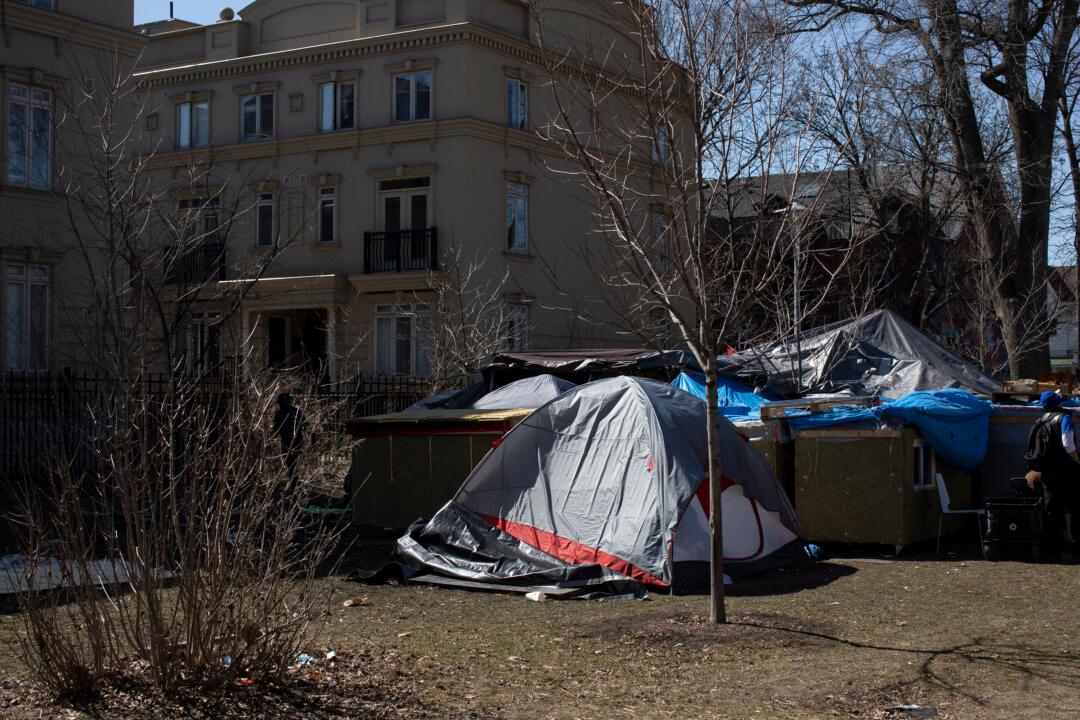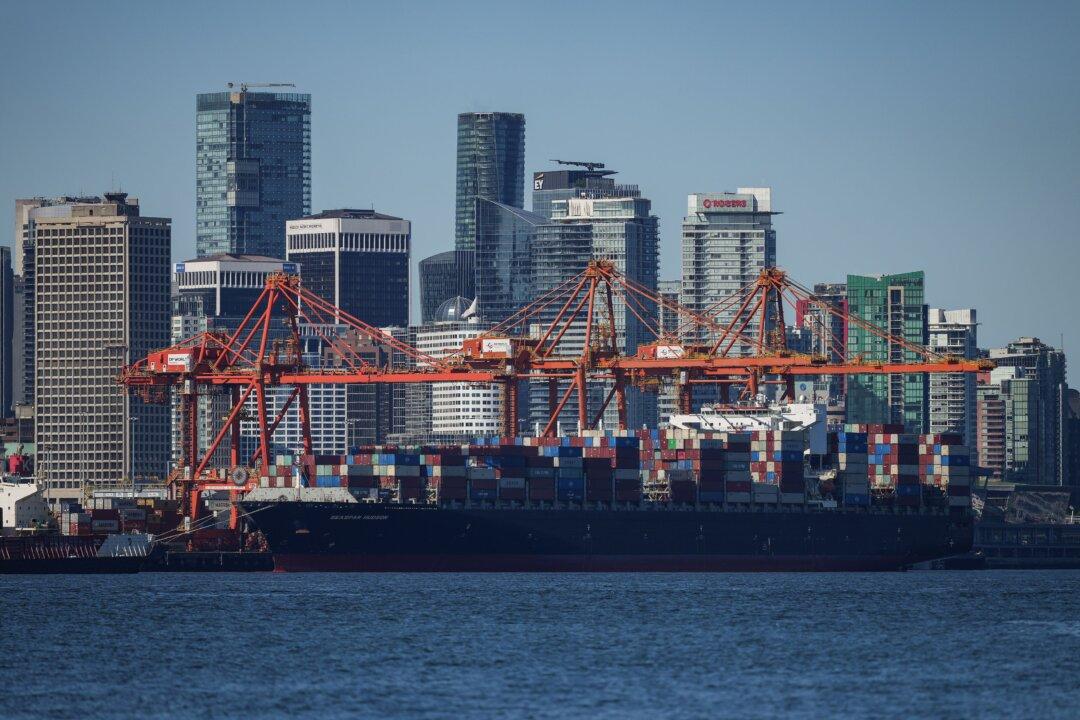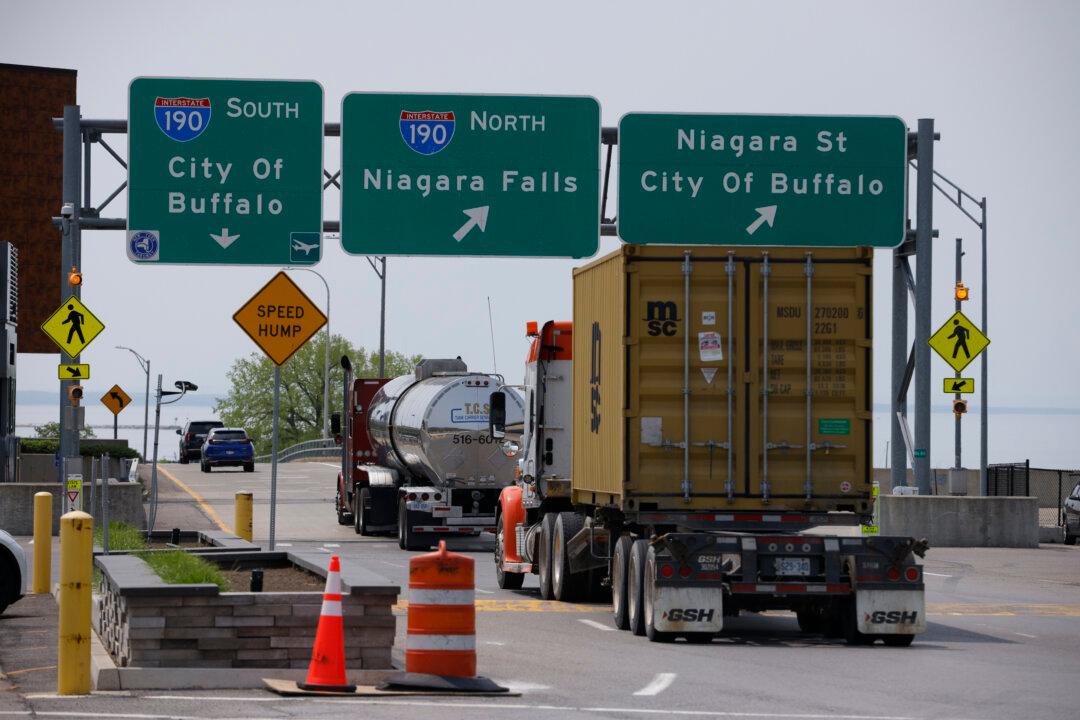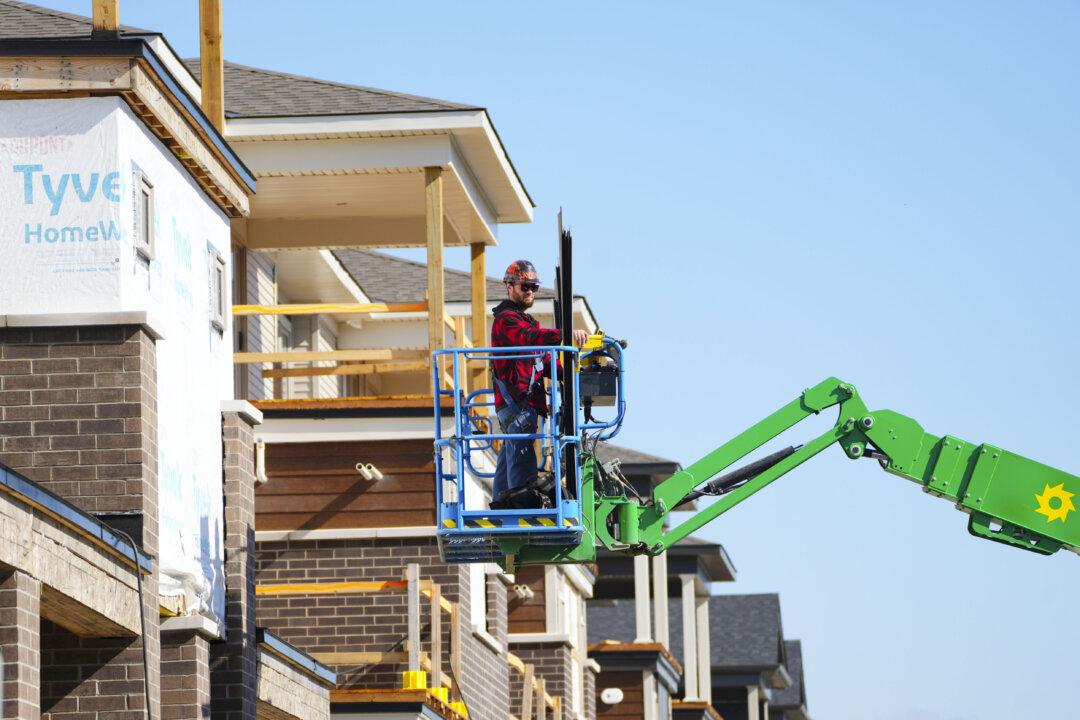Commentary
During my recent run to become mayor of Toronto, one line I heard from a lot of people was that they were considering moving out of town if Olivia Chow won the election. The challenges on our streets have become so dire on a number of fronts—crime, affordability, gridlock—that an exodus from the cities is becoming more likely.





